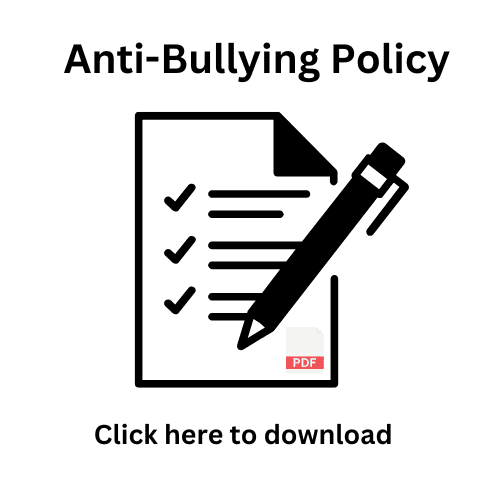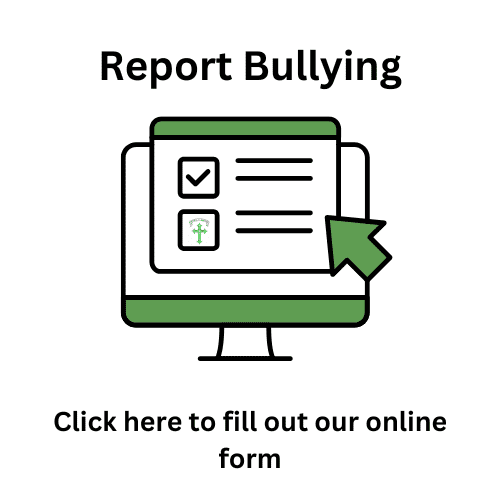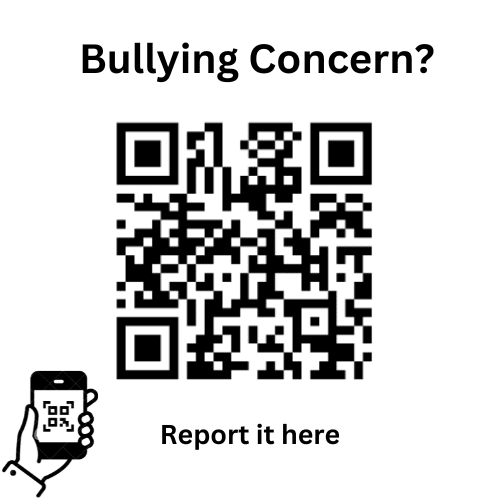What is bullying?
Bullying includes a range of abusive behaviour that is repeated and intended to hurt someone either physically or emotionally.
Find out more about bullying and cyberbullying here: Protecting children from bullying and cyberbullying | NSPCC Learning





